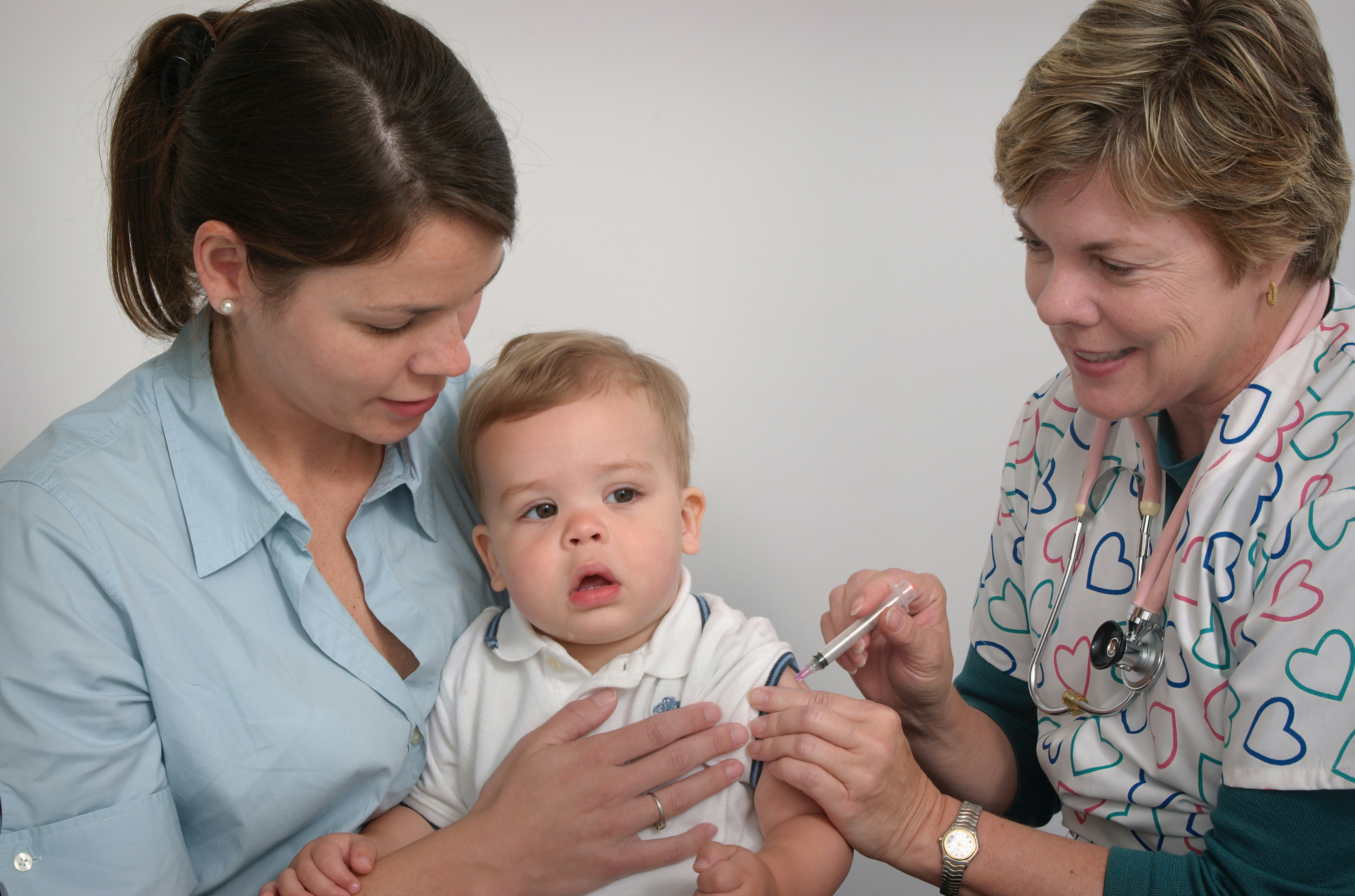Search
Research
A comparison of booster immunisation with a combination DTPa-IPV vaccine or DTPa plus IPV in separate injections when co-administered with MMRThis study evaluated GSK's combined DTPa-IPV vaccine (Infanrix-IPV) given as a fifth consecutive acellular pertussis booster dose in conjunction...
Research
Toll-like receptor 2 ligands inhibit Th2 responses to mite allergenThere is intense interest in the interaction between microbial compounds and allergy.
Research
Immunogenicity and boosting following a reduced number of doses of a Pneumococcal Conjugate Vaccine in infants and toddlersThe minimum number of doses of pneumococcal conjugate vaccine required for protection is not known. We studied the immunogenicity of a reduced schedule in...

People
Professor Christopher BlythCentre Head, Wesfarmers Centre of Vaccines and Infectious Diseases; Honorary and NHMRC Career Development Fellow, Paediatric Infectious Diseases Physician and Clinical Microbiologist


News & Events
The Kids researchers help quantify global impact of life-saving vaccinesResearchers at The Kids Research Institute Australia have helped map the global impact of life saving vaccines to mark the 50-year anniversary of the Expanded Programme on Immunisation (EPI).
Research
Differences in the population structure of Neisseria meningitidis in two Australian states: Victoria and Western AustraliaIn this study, invasive meningococcal disease isolates from the western seaboard of Australia, WA, were compared to those of VIC from 2008 to 2012.
Research
Genetic Variants in the IL-4/IL-13 Pathway Influence Measles Vaccine Responses and Vaccine Failure in Children from MozambiqueWe investigated IL-4, IL-13, and IL-4Rα polymorphisms and their impact on measles IgG responses and measles vaccine failure, in two separate cohort.
Research
Paediatrician beliefs and practices around influenza vaccinationWe aimed to determine Australian paediatricians' beliefs and practices around the influenza vaccination of children.
Research
Epidemiology of invasive meningococcal b disease in Australia, 1999-2015: Priority populations for vaccinationTo describe trends in the age-specific incidence of serogroup B invasive meningococcal disease (IMD) in Australia, 1999-2015
